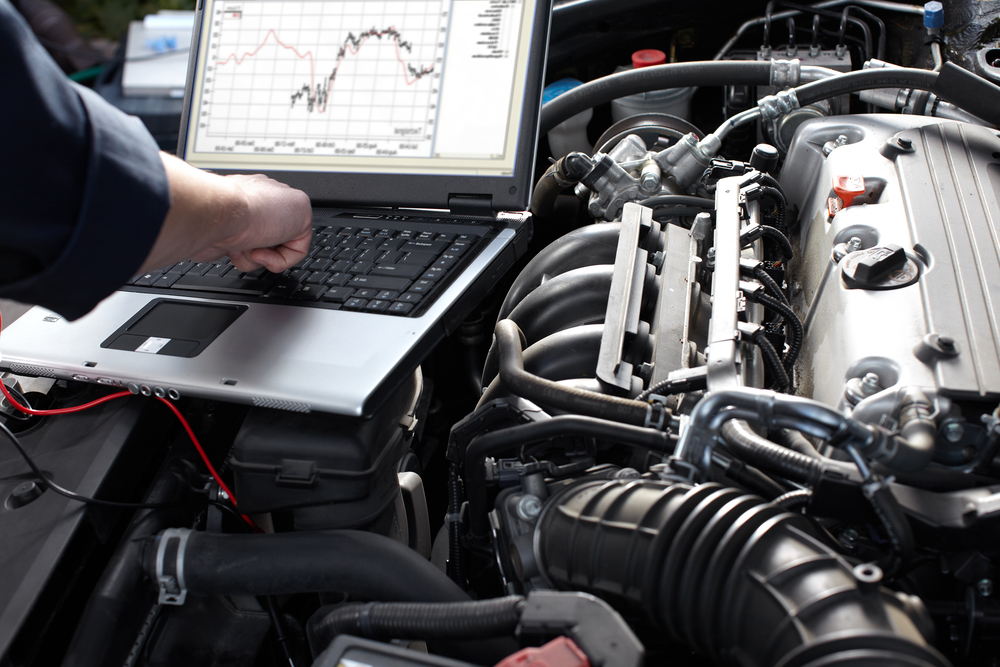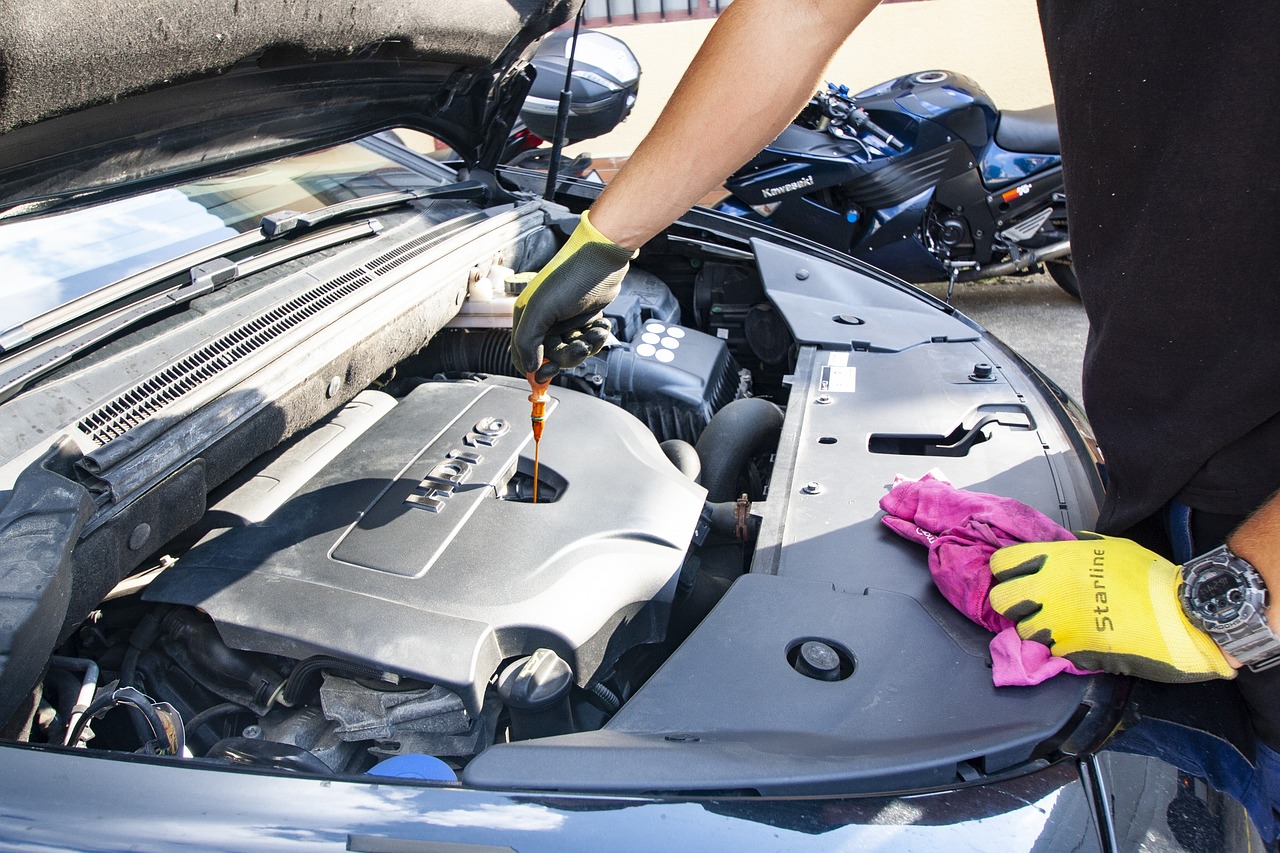Picture this: you’re cruising along a winding road, every twist and turn effortlessly navigated, the hum of the engine in perfect harmony with the landscape. But that idyllic experience? It’s courtesy of a well-maintained engine—the beating heart of your car. Unfortunately, engine maintenance often takes a backseat in vehicle care. Here’s the reality check: Proper engine maintenance is not just for gearheads; it’s for anyone who values the longevity, performance, safety, and overall driving experience of their vehicle.
Key Components to Focus On During Maintenance
Engine Oil
The lifeblood of your engine, oil, requires regular changes. Letting it turn into sludge is akin to allowing cholesterol to clog your arteries. Synthetic, conventional, high-mileage—there are different types of oils out there, each with their pros and cons. For instance, synthetic oils are better for high-temperature resistance, but they’re pricier. So choose wisely and check your vehicle’s manual for recommendations.
Air Filters
Ever tried breathing through a cloth? It’s tough, right? A dirty air filter does the same to your engine—makes it hard for it to breathe. Clean air filters ensure better fuel combustion and, in turn, a more efficient engine. So, do your engine a favor and keep those filters clean.
Spark Plugs
Think of spark plugs as the pacemakers of your engine. They provide the spark for the combustion process. Worn-out or dirty spark plugs can lead to misfires and poor fuel economy. Typically, these should be replaced every 30,000 miles, but consult your vehicle’s manual for specifics.
Belts and Hoses
You might overlook them, but belts and hoses are like the veins and arteries of your car. They circulate coolant, drive the alternator, and more. Cracked, frayed, or swollen belts and hoses are a no-go and should be replaced ASAP to avoid engine damage.
Coolant System
It’s like the engine’s personal AC unit. A malfunctioning coolant system can lead to overheating and, eventually, a breakdown. So, keeping it in tip-top shape is non-negotiable for engine longevity.
Practical Tips for Engine Maintenance
Scheduled Maintenance
Do you know what your car’s best friend is? A maintenance schedule. Usually found in your vehicle’s manual, this calendar of care details what needs attention and when. Stick to it, and you’re golden.
DIY Checks
Some basic checks don’t need a trip to the mechanic. For example, checking oil and coolant levels is as simple as popping the hood and using a dipstick. You’d be surprised how much you can accomplish with a keen eye and a little know-how.
Professional Check-Ups
But let’s be real. Some aspects of engine maintenance are better left to the pros. Think fuel injectors or valve clearances. These require specialized tools and expertise. So, every now and then, a professional check-up is just what the doctor—or mechanic—ordered.
Conclusion
So there you have it: the key components and practical tips to keep your engine—and by extension, your vehicle—in peak condition. Ignore this, and you’re not just risking a shorter lifespan for your vehicle, but you’re also compromising on performance, safety, and yes, even those scenic drives you love so much.
Don’t wait for warning lights on the dashboard or an unfortunate breakdown to remind you of maintenance. Take action now. Whether it’s a DIY check of the oil and coolant levels or scheduling a full engine diagnostic with professionals, consider it an investment in your vehicle’s future—and in all the good times you’re yet to have on the road.





